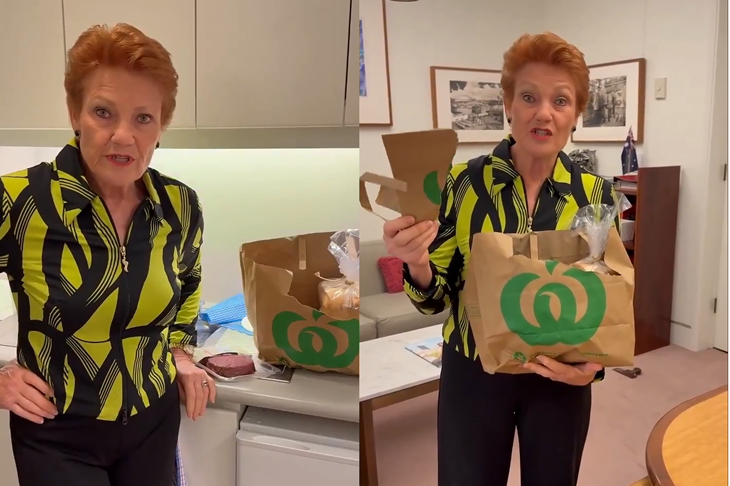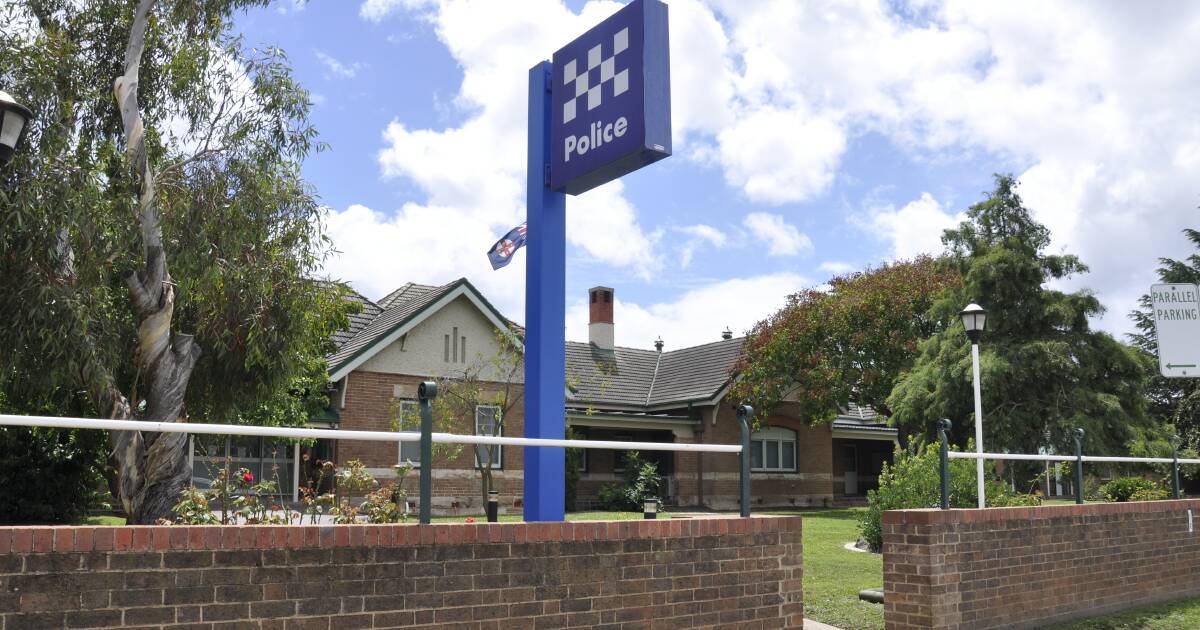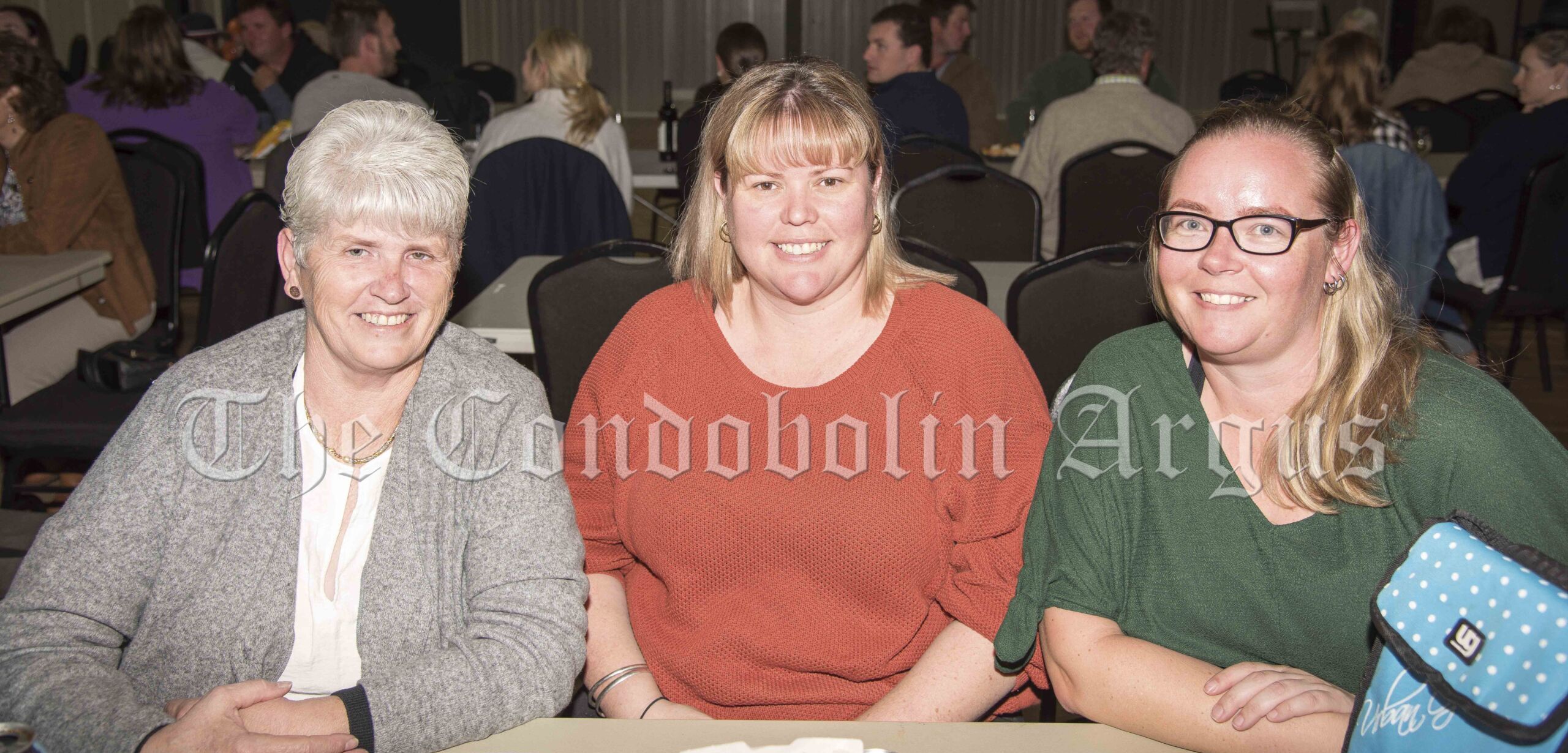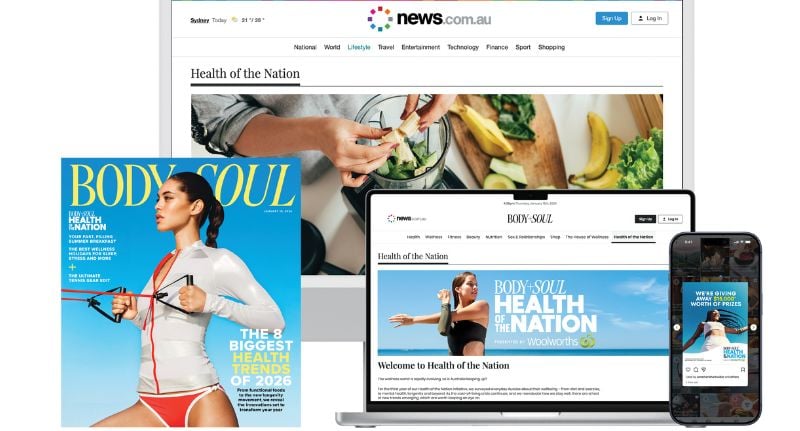
UPDATE: In an explosive statement, One Nation Leader Pauline Hanson criticized Australian supermarkets for “overcharging for paper bags,” a claim that has ignited a heated debate on consumer rights and environmental policies.
Just last week, Hanson drew attention by highlighting the frustration of shoppers forced to pay 25 cents for paper bags, which many consider inferior to the now-banned plastic alternatives. With grocery prices soaring and consumers feeling the pinch, this issue resonates deeply with everyday Australians.
Hanson’s remarks come amid widespread resentment towards the new paper bag fees, especially at self-checkouts where customers do the labor themselves. “Considering I’m doing all the work, do I get access to the staff tearoom?” joked one shopper, reflecting the growing discontent surrounding this trend.
As grocery prices skyrocket, many shoppers are questioning the logic behind paying for something that used to be free. “I’m over it. I’m so angry about this … for the cost of living, I’m telling Woolies and Coles, get your act together with the bags,” said Hanson in a recent video holding a broken paper bag, a scenario many consumers can relate to.
The environmental pitch for paper bags is losing its appeal as reports show that they often break, leading to what consumers describe as “shopping anxiety.” Critics argue that while they are marketed as eco-friendly, these bags cannot be reused as rubbish bags, forcing people to purchase additional plastic liners, countering the very sustainability message that supermarkets promote.
Hanson’s comments have sparked a flood of discussion on social media, with numerous users recalling the time when paper bags were phased out in favor of plastic to “save the trees.” This shift, initially framed as an environmental victory, was largely driven by cost-saving measures from supermarket chains, as plastic bags were cheaper and lighter to transport.
The debate has reignited a broader conversation about the environmental impact of supermarket policies, as many Australians are now left feeling that they’ve traded one problem for another. Many customers are now questioning the legitimacy of the “green tax” they pay on paper bags, which are marketed as sustainable despite being carbon-intensive to produce.
In a revealing statement, Hanson pointed out that while paper bags are indeed biodegradable, they do not break down effectively in landfills, potentially contributing to harmful greenhouse gas emissions. “Biodegradable materials need an environment rich in oxygen to break down properly, which they do not have in landfill,” she noted, drawing attention to the complexities of waste management.
The issue is multifaceted; according to environmental experts, the reliance on heavy-duty, reusable bags has also led to increased waste. Consumers are now buying heavy-duty bags that must be used multiple times to have a lower environmental impact than a single-use plastic bag, leading to confusion and frustration.
As discussions continue, many are calling for transparency from supermarkets regarding their environmental claims. Critics highlight that while consumers are encouraged to embrace reusable bags, they still find themselves buying plastic bags for rubbish, creating a paradox in waste management.
The backlash against the paper bag fees has reached a tipping point, with shoppers demanding action from major retailers. Hanson’s vocal criticism has resonated with many, sparking a movement for change in how supermarkets approach bag fees and environmental messaging.
With the cost of living rising, this debate is likely to gain momentum, pushing supermarkets to reassess their policies. The question remains: Will Woolworths and Coles respond to the mounting pressure from consumers?
Stay tuned for updates as this story develops.






